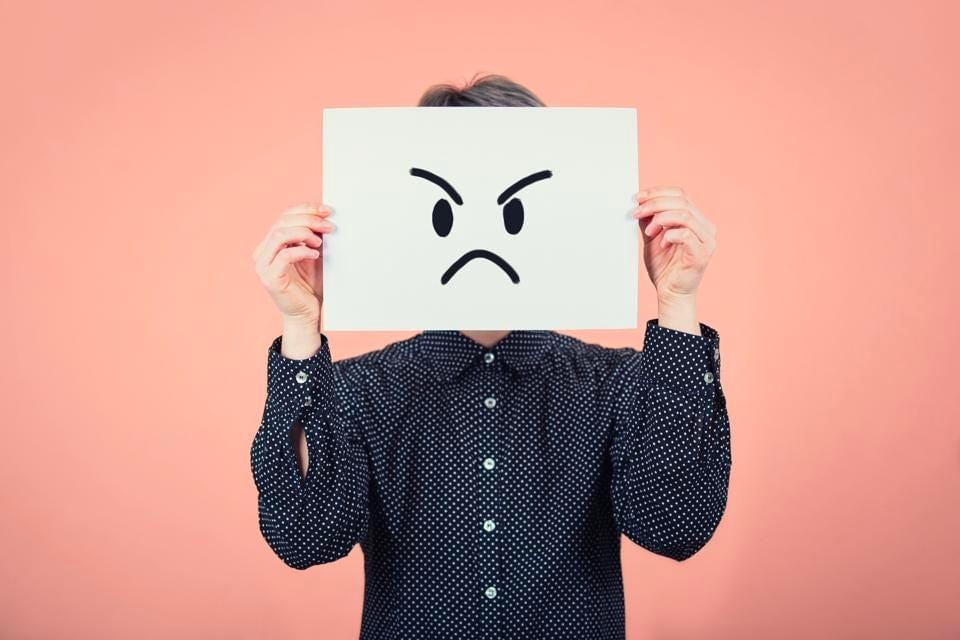
Toying with Our Emotions: The Social Media Algorithm
Part II: Social Media's Impacts on Our Emotions, Brains, & Society
🤓 Bite-Sized Knurd: Social media companies have perfected their algorithms to rake in profit, manipulate people’s emotions, and spread the rise of right-wing extremism. A shift to true connection is the only way forward.
In Case You Missed It: The Rapid Adoption of Social Media & Its Consequences
Read on for more…
How has the way you use social media changed in the last few years? I, for one, think about and use social media completely differently than I did 5 years ago or even a few months ago.
One of the biggest reasons for my changes in behavior is when new technologies come out or the companies change something about the site. I remember how big of a deal it was when Facebook changed its timeline to no longer be chronological. There was practically a riot. Or when Instagram introduced Stories and everyone rolled their eyes and swore they would never use it (we know how that went).
Now, I use Twitter less because Elon has messed up the site so much that most of the tweets are no longer helpful to me. I rarely post on my Instagram feed, but overuse Stories because Instagram changed to be more like TikTok and I don’t see my friend’s posts on my feed as much.
These are just two small examples of how much our behavior on a social media site is influenced by the algorithm. It’s so subtle that it sometimes goes unnoticed, but it’s happening all the time.
The Algorithm’s Faustian Bargain
Everyone talks about the infamous algorithm but has no idea how to define it.
Each social media site’s algorithm is different and most companies won’t share the details publicly so it makes it all kinds of confusing. The simplest definition of an algorithm is a set of rules that governs what kind of content appears on a user’s social media feed. These rules and signals rank a piece of content by how likely the user will want to engage with the content and then show the best content for that user.
As we talked about, a social media company’s most important goal is to keep users on their sites for a longer amount of time so that they can sell advertising and increase profits.
The algorithm is what helps social media sites improve their ability to keep more people on their sites for longer.
If that all sounds very Big Brother á la 1984, then you’d be right. 😬
The more optimistic way to look at it is the algorithm helps us, as users, see the content we want to see so that we stay entertained for longer. Think about TikTok. Its users LOVE it precisely because its algorithm knows which videos you’re going to like.
Outrage Plays the Algorithm
Where the idea of amplifying engaging content becomes sinister is when you consider what emotions cause higher engagement.
Outrage is a powerful emotion that will kick up our fight response making us react, post, and most importantly, stay on the social media site. Outrage and fear are being used to keep us viewing more and more content on social media. Bad actors have figured this out and gamed the system to spread extremist content.
It’s no wonder that extremism is on the rise on social media!
Conspiracy theories are never-ending pits of content and entertainment so it makes sense that social media algorithms lead people toward conspiracy theory videos or posts.
Extremists have successfully taken advantage of the algorithm to bring new people into their fold. They make extremism enticing by manipulating people’s emotions to channel their anger toward an ‘other’ group while giving isolated people a community to feel a part of. Extremists purposefully use groups, chat rooms, and YouTube comments to connect with mostly lonely young men and use their warped idea of community to bring them into their extreme worldview.
Manipulating the Algorithm for Connection
Ultimately, people are just looking for connection.
It’s clear we should be shifting our digital lives towards meaningful connections rather than reactive content.
“The problem came from doing so all the time, as a lifestyle, an aspiration, an obsession. The offer was always too good to be true, but it’s taken us two decades to realize the Faustian nature of the bargain.”
To flip the script toward true connection, a complete overhaul of what social media stands for is required. Many people and organizations are working on this, but it’s an uphill battle given how powerful social media companies have become. The Center for Humane Technology, for example, has been working for years to combat the harm to children and teens, push policy solutions, and provide countless resources.
What ultimately will prevail if we want a healthier relationship with social media is a large-scale societal change in how people use social media. We will need to enact new laws, increase accountability, push for changes to the algorithm, and minimize social media companies’ monopolistic tendencies, but ultimately it will be on us to create the change.
We each have the power to vote with our time and engagement on the kinds of ways we want to use social media. By using social media less or not interacting with manipulative content, we are changing our relationship with social media and forcing companies to adapt to us. Naturally, Gen Z is already ahead of us on this front.
If you’re looking to take control of your social media habits, here’s a great guide from our friends at the Center for Humane Technology.
Up Next

the roots of change media Newsletter
Join the newsletter to receive the latest updates in your inbox.




